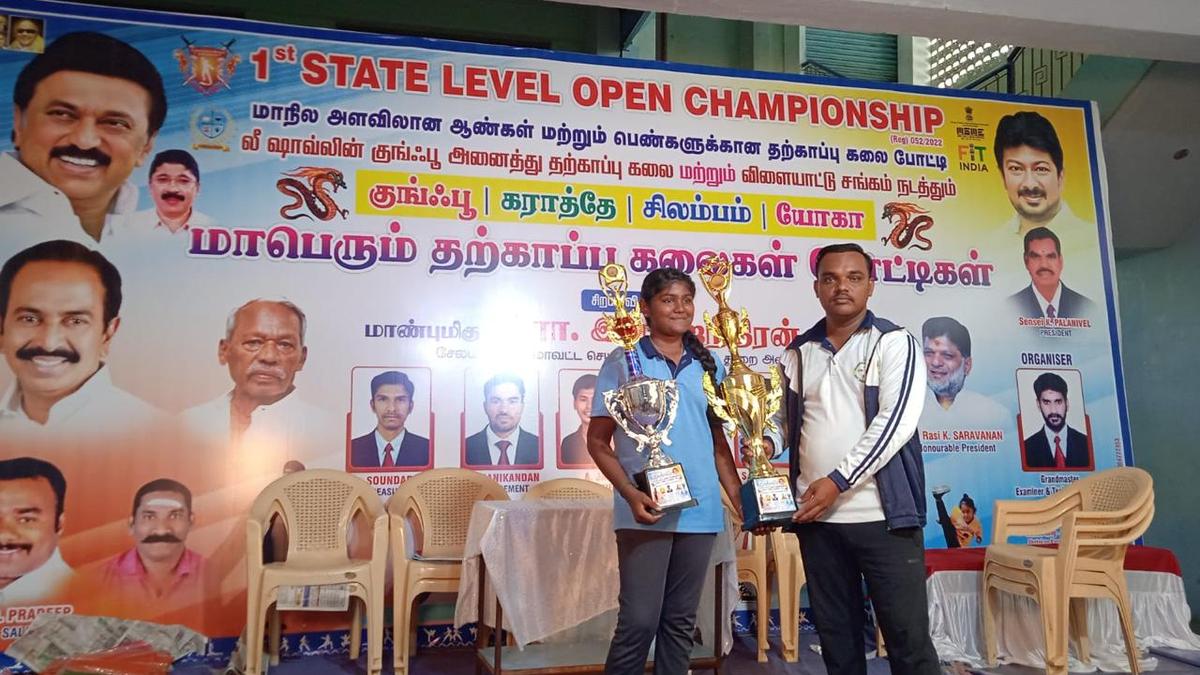As the use of artificial intelligence (AI) spreads across sectors, the Karnataka government is coming up with a legislation to allow use of AI to streamline the justice delivery system in the district judiciary. This is expected to enhance speed, accuracy, transparency, accessibility and objectivity in judicial process.
The implementation of AI will be a coordinated effort between the State government and the Karnataka High Court under the proposed “Karnataka District Judiciary Reforms Bill, 2025”, which covers other aspects of judiciary reforms too. The legislation will allow AI to be implemented in case filing and registration, case management, legal research assistance, document processing and predictive analytics for administration.
With fast track courts
The AI-driven measure is proposed along with the proposed establishment of fast track courts. Cases involving farmers, unemployed, job deprived people, agrarian disputes including land, agricultural loans, crop insurance and tenancy issues, is proposed to be transferred to fast track courts that are expected to dispose of cases within 12 months.
“The Bill had come before the Cabinet but had been deferred. The Finance Department is yet to give approval for setting up of proposed fast track courts. It is likely to be tabled in the ensuing Winter Session of the Legislature,” a government source said.
According to sources, the district judiciary reforms had been pending for sometime, and that Law and Parliamentary Affairs Minister H.K. Patil had taken interest by holding consultation before the draft was formulated. “The legislation will be in line with latest technology development, but with enough safeguards,” the source said.
Safeguards
As part of the safeguard against the misuse, the proposed legislation bars district judiciary from using AI system to predict, recommend or influence the outcome of judicial decision and AI inputs cannot be treated as evidence or legal opinion. To ensure data protection and confidentiality, the AI system to be used should comply with standards of data security, privacy and confidentiality that will be prescribed by the High Court. The proposed legislation bars sharing of any personal or sensitive judicial data with any external agency without the High Court’s approval. The AI digital audit trail will be maintained, and the High Court will prepare and lay before the legislature an annual AI utilisation and impact report, the Bill says.
As per the proposed provision, the High Court will constitute an artificial intelligence and judicial innovation committee comprising judicial officers, technologists, data scientists and legal experts to oversee deployment, ethical use and periodic auditing of AI tools in the justice delivery system. To impart training, the Karnataka Judicial Academy will have training modules in AI literacy, digital ethics and technology assisted adjudication.
Other reforms
The Bill also seeks to establish Bureau of District Judicial Reforms, a permanent body that will review and recommend reforms in recruitment, training, infrastructure, case management and performance evaluation. Among others, it will recommend integration of technology such as AI assisted screening, to expedite selection of judges, prepare list of vacancy every year and anticipated vacancy for four years.
The Bill also proposes the State government to take up construction of at least 500 new court halls and 300 residential units for judicial officers by 2050 in underserved taluks.
Regulation of adjournments and guidelines for injunction
To prevent unnecessary adjournments, Civil Procedure Code Karnataka Amendment Act, 2025, is proposed to be adhered to strictly. As per the provision of the proposed Bill, adjournments must be requested in writing with reasons, and if the reasons are found to be frivolous, the court could impose a minimum fine of ₹5,000. Repeated adjournments will be flagged and annual report on adjournment rates per court will be generated and submitted to the High Court. Judges with low adjournment rate will be eligible for performance incentive.
The Bill also lays down guidelines for passing injunctions and stay orders in cases involving public interest and safety.

 1 hour ago
4
1 hour ago
4










 English (US) ·
English (US) ·